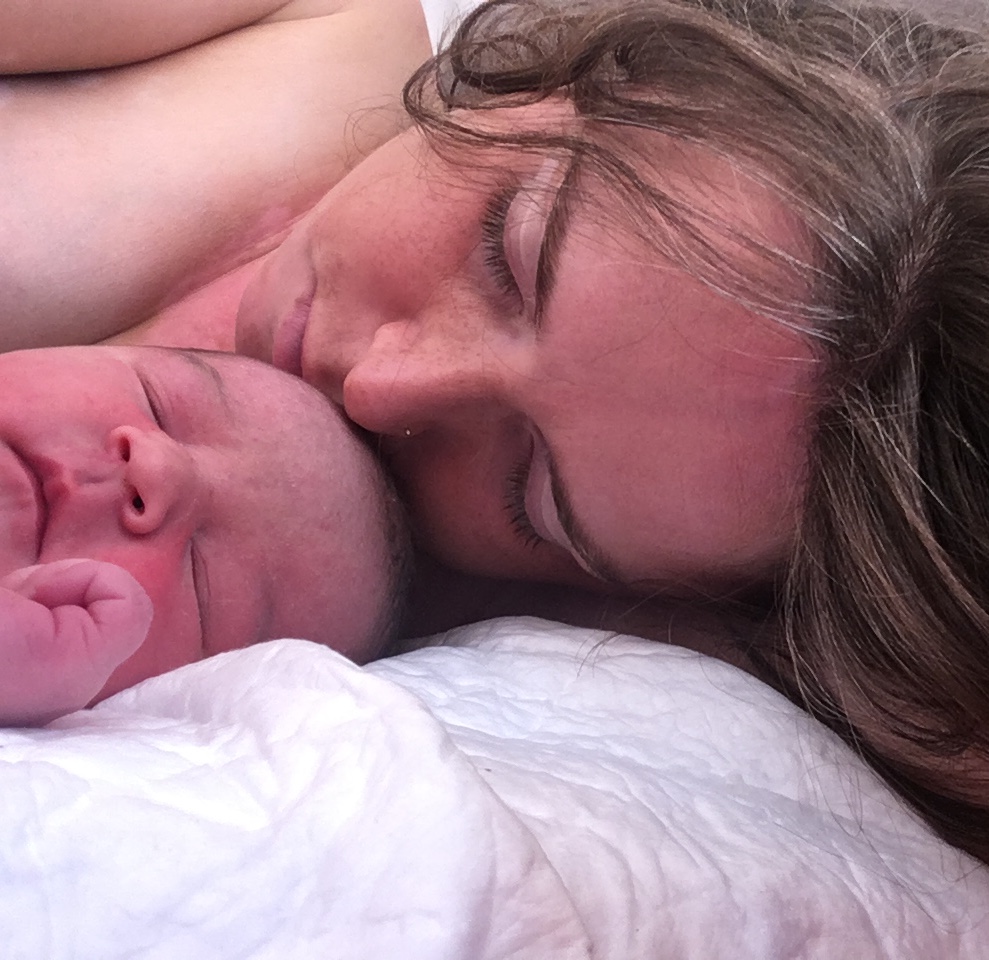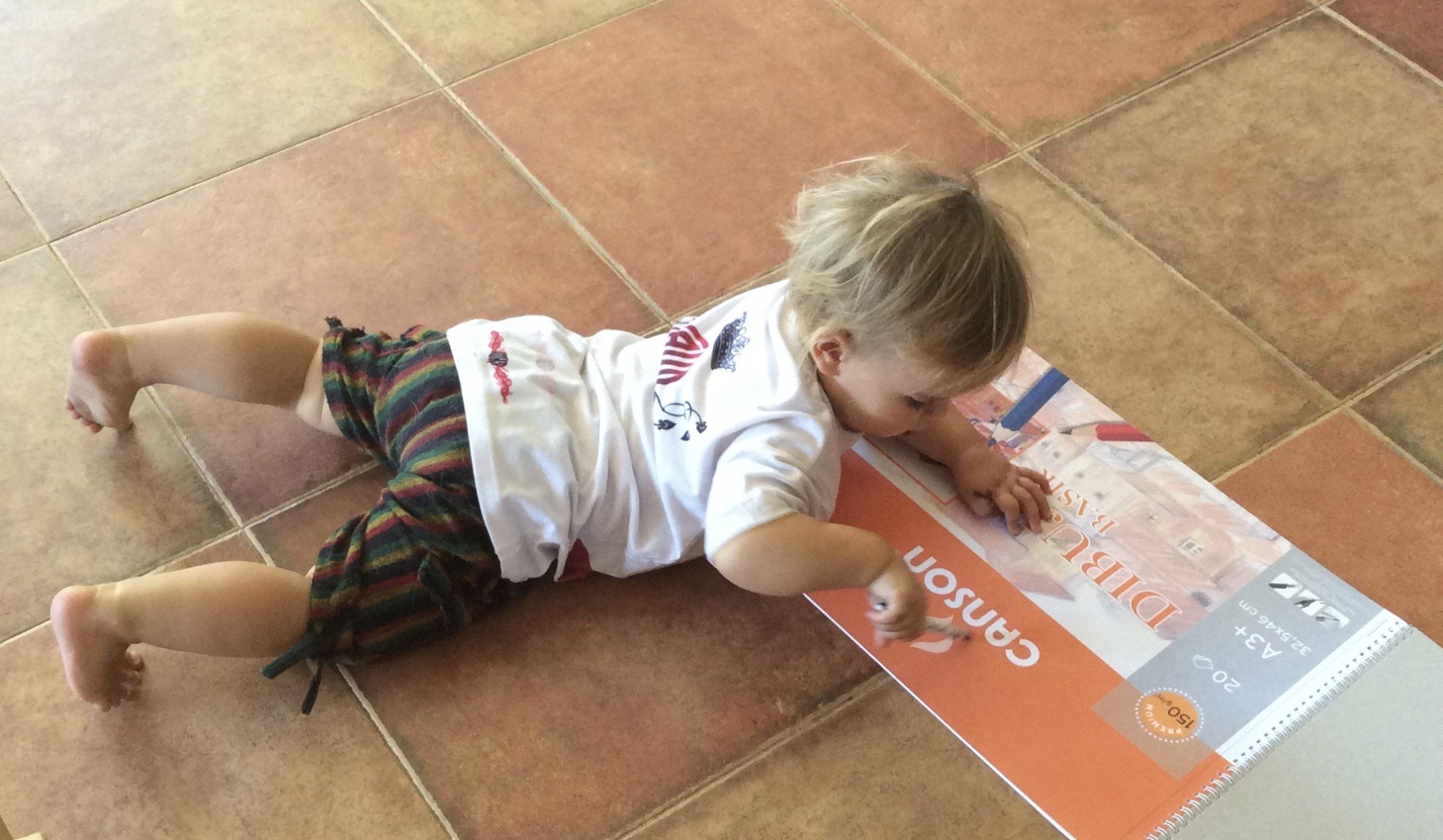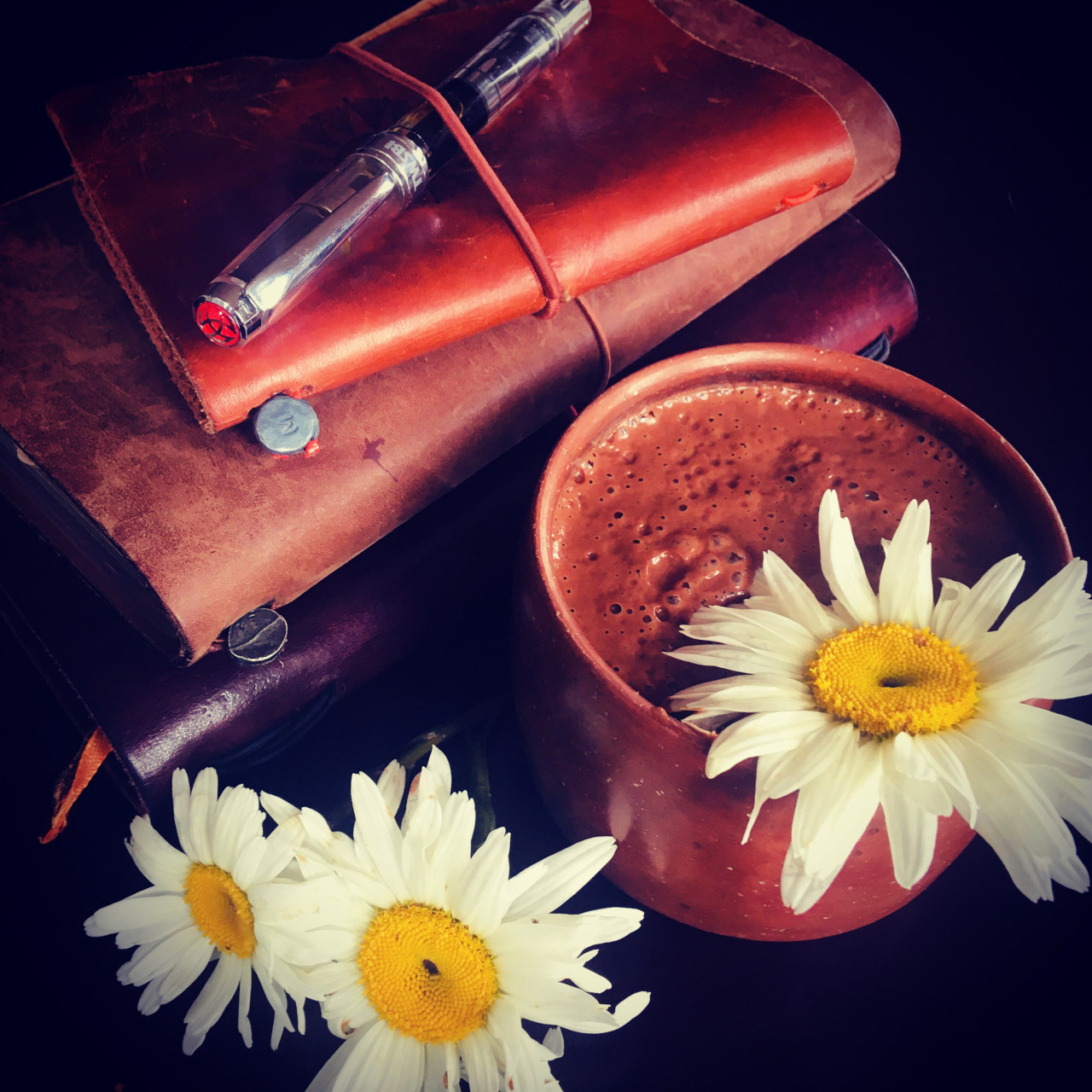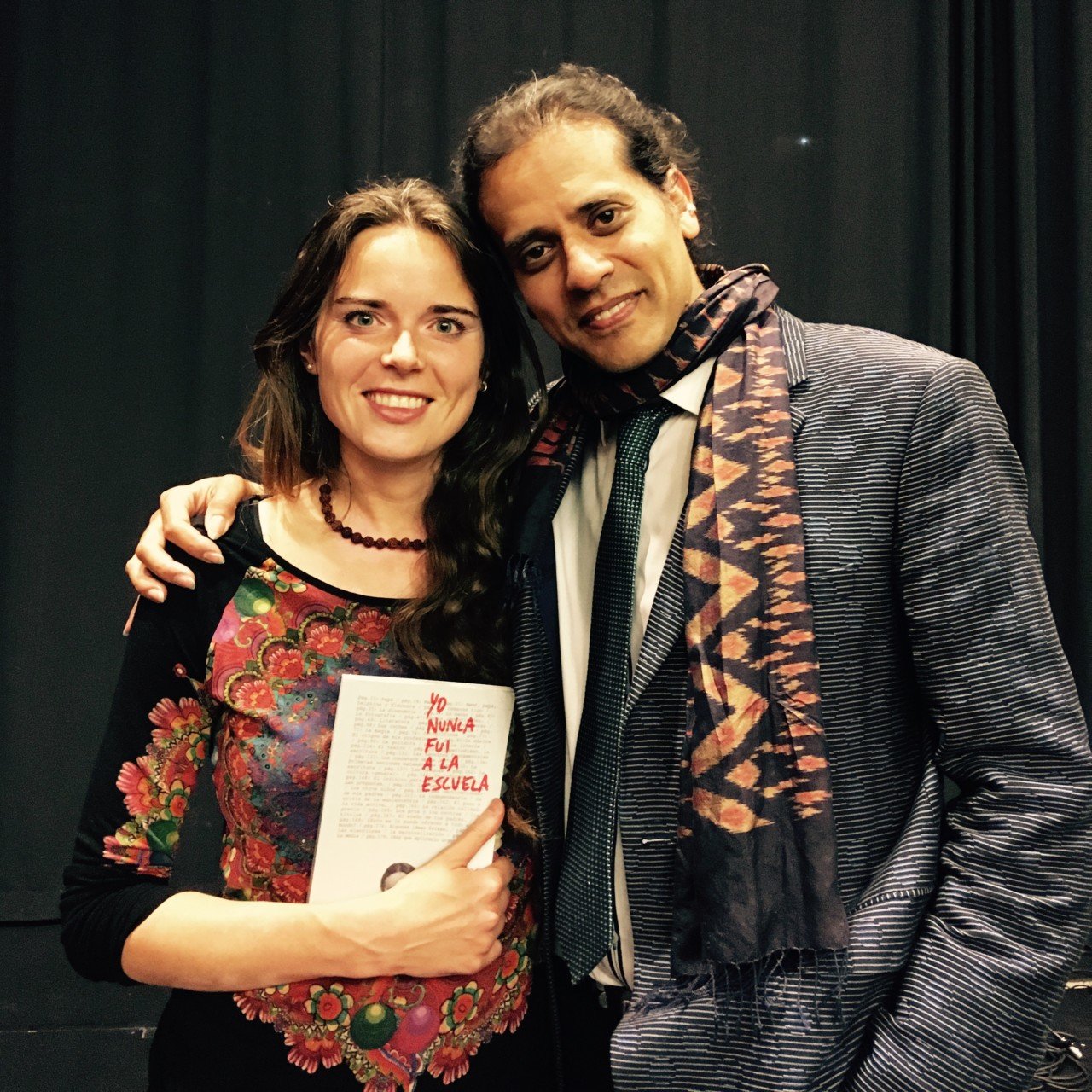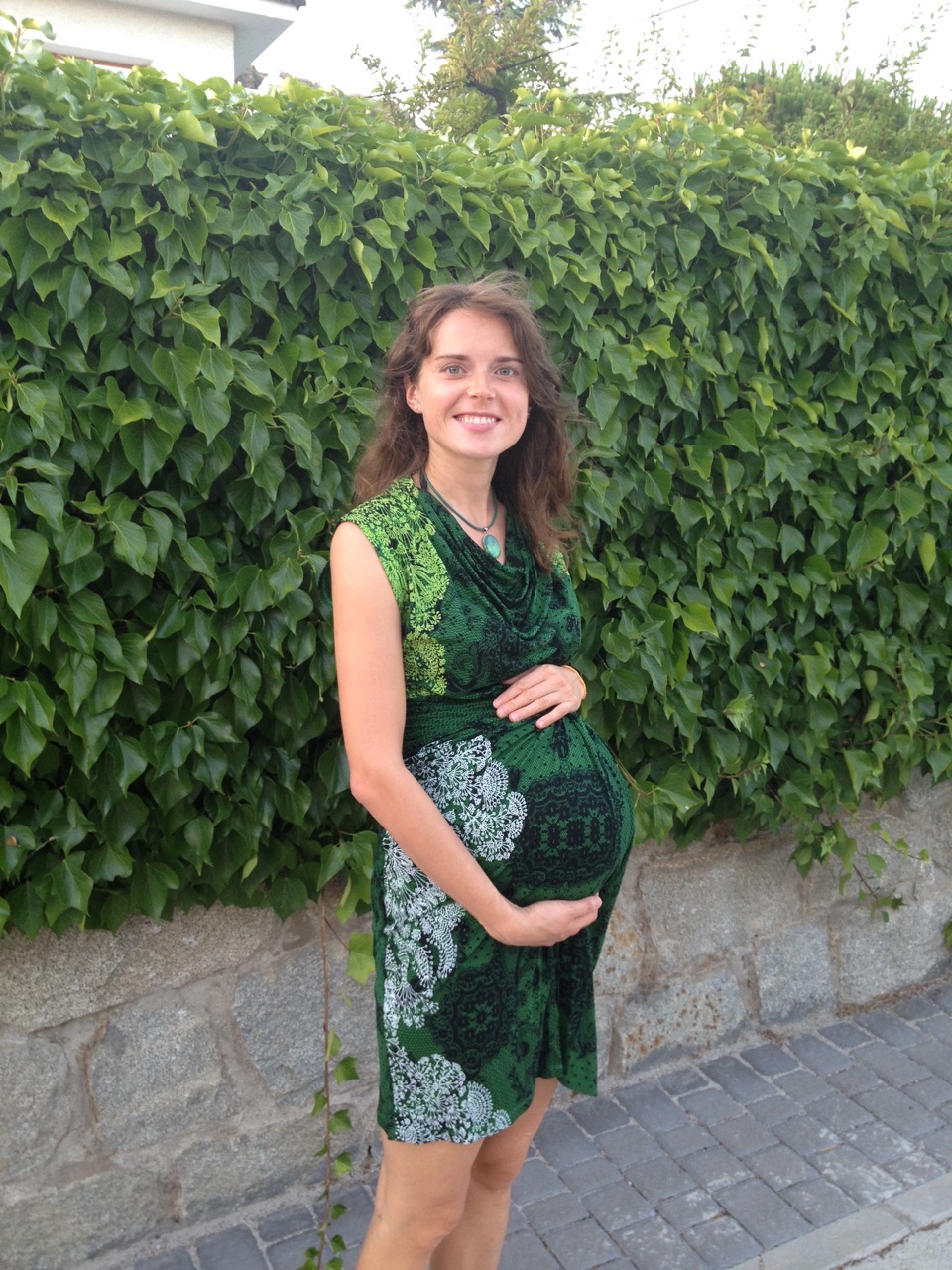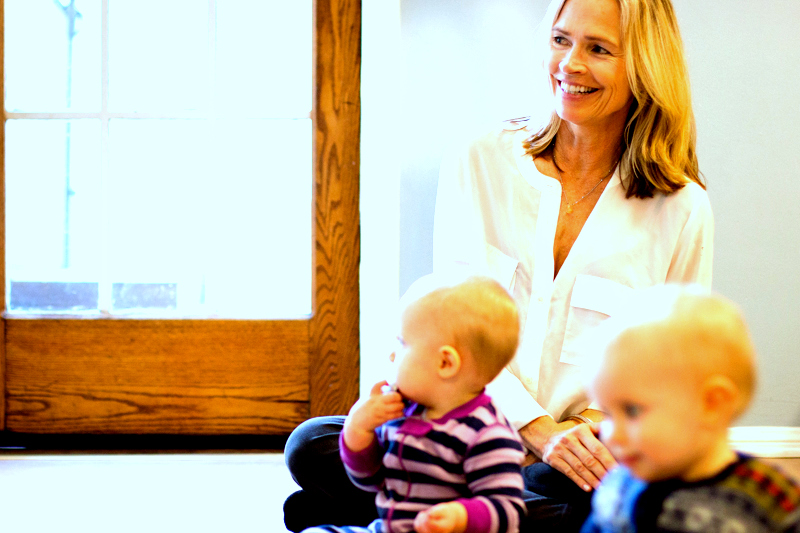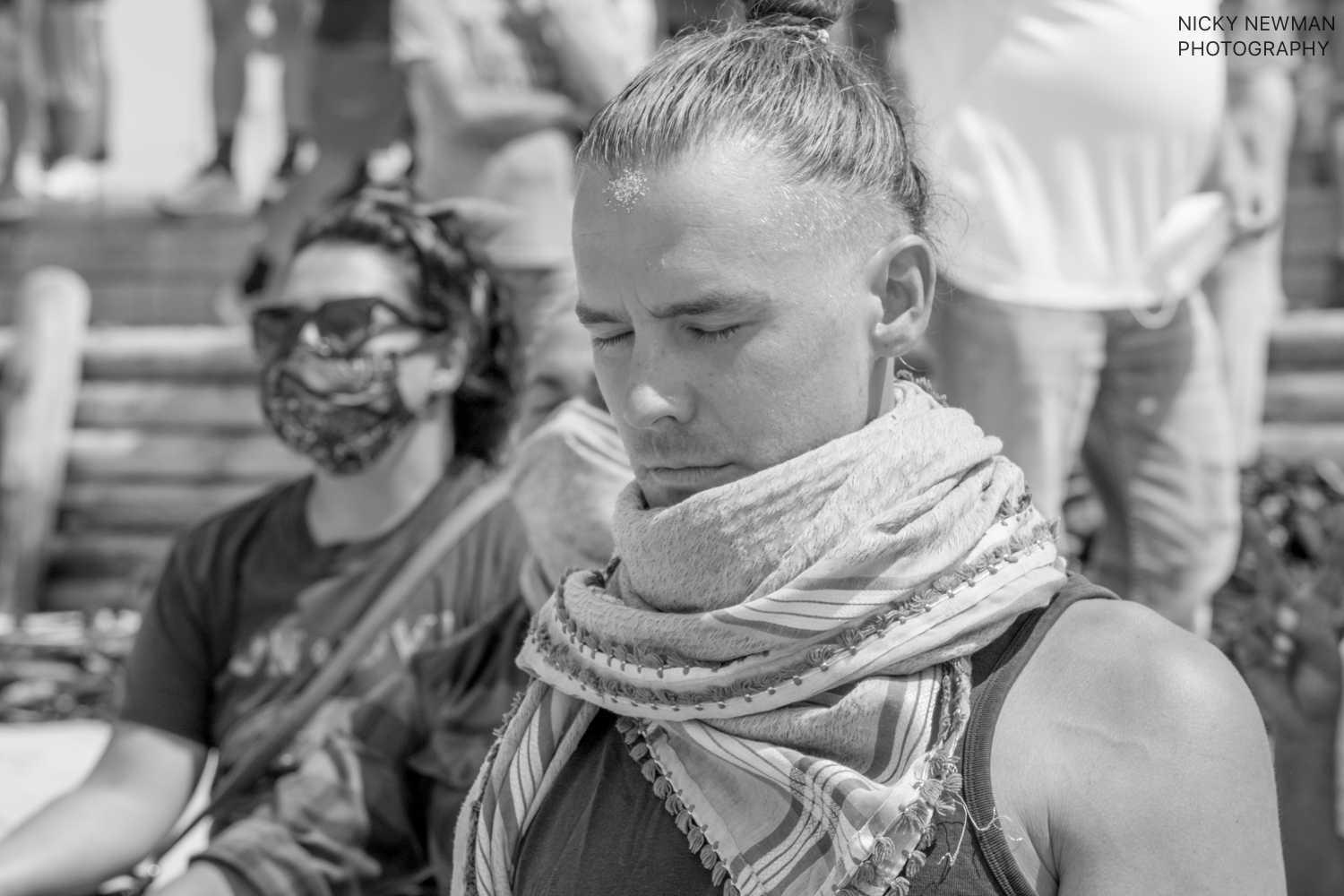 I am delighted to share yet another wonderful gem that I found through Instagram – Marion Rose, Ph.D. Marion has been immersed in developmental psychology, psychotherary and parenting for 30 years. She has a Ph.D. on the mother-baby relationship from Cambridge University and has spent years training and working as a psychospiritual psychoterapist. Her website, Instagram, and Facebook Page are bursting with insights about Aware Parenting and respectful attachment, cultivating lovingness and compassion to ourselves as parents, and finding our calling as entrepreneurs. If any of these subjects are of interest, make sure to follow Marion along – her work is so valuable and inspiring. Thank you, Marion, for what you do and for taking time to share your wisdom!
I am delighted to share yet another wonderful gem that I found through Instagram – Marion Rose, Ph.D. Marion has been immersed in developmental psychology, psychotherary and parenting for 30 years. She has a Ph.D. on the mother-baby relationship from Cambridge University and has spent years training and working as a psychospiritual psychoterapist. Her website, Instagram, and Facebook Page are bursting with insights about Aware Parenting and respectful attachment, cultivating lovingness and compassion to ourselves as parents, and finding our calling as entrepreneurs. If any of these subjects are of interest, make sure to follow Marion along – her work is so valuable and inspiring. Thank you, Marion, for what you do and for taking time to share your wisdom!
Asta: Dear Marion, I am so thrilled to connect with you! I came across your work through Instagram, and felt an immediate curiosity and resonance. I would love to be able to dive a little bit deeper into the wisdom and insights that you share.
Marion: Hello dear Asta, oh I love hearing about your curiosity and resonance, and I love this opportunity to dive a bit deeper!
Asta: To start with, could you please tell me a little bit more about yourself – your career and parenting journey. How did you find the path that you are on now?
Marion: I’m so grateful that my own journey of becoming more myself has always walked alongside my ‘career’ and calling, and my parenting. It began when I was a teenager, full of fear and self-judgment, shame and guilt. I seemed to be so different from my peers at school, and I wanted to understand why I was the way I was, and how I could lead a happier life. That took me to a psychology degree, which I loved at the time! But I knew that I needed to understand myself more, and that I needed to learn more about myself if I was to help others, which became a calling around that time too. So I did a Ph.D. on post-natal depression and started my own weekly psychotherapy. But still that wasn’t enough. That’s when I also started training as a Psychosynthesis Psychotherapist. That was in 1992.
Asta: You have so many years of experience, research and work in academia as well as the field of psychology and psychotherapy, I am really curious whether spirituality was always part of it or whether your work was transformed and blended with it somehow at a later stage?
Marion: Thank you! Spirituality came in quite early on. I was doing my Ph.D. at Cambridge University and was looking for ‘more’. I came across a group there which was all about what was then called ‘The New Age’ – it combined things like active listening, something that was very new to me, with a spiritual understanding that there is so much more to life. Soon after that, I learnt about Psychosynthesis – which is the form of psychotherapy I trained in. What I LOVED about it was that it included all the modern understandings of the development of the personality, but had a much bigger context – the understanding that we are each a unique Soul, guided by our Self. I love this approach because it values all aspects of human nature. My work has been psychospiritual ever since then.
Asta: How about the aware and attachment parenting philosophies – were they part of your motherhood journey from the start or did you find them later on?
M: I learnt about attachment theory when I was doing my degree, and then deepened my knowledge of it when I was a Ph.D. student. I also found The Continuum Concept in a little second hand bookstore in Cambridge, in 1992, and it had a huge impact on my understanding of human beings, and particularly babies and children and secure attachment. As for Aware Parenting, I first found out about it when I was pregnant with my daughter, in 2001, and immediately knew it was what I had been looking for. It was the only parenting paradigm which included all the academic psychological understanding I was so familiar with, alongside all the psychotherapeutic knowledge I’d learnt during my training and working as a psychotherapist, AND it had this extra piece – that babies and children have real feelings, right from in utero, and that they can heal from stressful experiences, daily overwhelming events and trauma (including trauma during birth or in utero) right from birth onwards. I’m SO grateful that I had 14 years of being deeply immersed in understanding birth (I also trained in HypnoBirthing), infancy and child development, as well as 10 years of weekly psychotherapy and lots of workshops, before I became a mother. It made the first few years of mothering so much easier, because I understood so much more about myself, about my daughter, and about the needs and feelings of babies and children.
Asta: It was through your work that I first discovered the word ‘psychospiritual’ – please elaborate and share more about what it means and in which contexts it has the most meaning.
Marion: The way I see it is that it understands us as souls. We are each a unique speck of the divine, and also interconnected with all that is. The personality that we develop depends on the interaction of our soul with the environment (family and culture) that we grow up in. Our personality might be a clear reflection of our soul, or it might be very distorted.
The more our personality reflects our soul, the more ‘us’ we feel. The journey of life often is about developing a personality that is a more accurate reflection of our soul – in other words, we become more who we really are.
As for contexts, I love it most in the realms of personal ‘development’, parenting and entrepreneurship.
Asta: You also have a psychospiritual parenting course – tell me more about it!
Marion: It’s a way of bringing very esoteric principles into very practical and tangible actions. For example, how we respond to our child’s “no” and tantrums has a profound effect on the development of their will and willingness. I explain why that is, and how parents can respond in a way that helps their children develop a personality which reflects their soul AND in a way that they stay connected with their true nature of lovingness and willingness.
Asta: Let’s talk about one of your biggest passions that drives your work – and that is compassion to oneself. I think it would be fair to say that many of us, mamas, have an on-going dialogue within that is perhaps a little too critical and lacks self-compassion. It always seems like there is more to do, at times we question our choices, we have to balance multiple priorities and requests – so it’s easy for that self-compassion to drown in all that noise. How did you create a new script for your own inner-dialogue that is more self-compassionate?
Marion: Oh yes, that is one of my BIGGEST passions; absolutely! I am so passionate about being part of the co-creation of a new way of responding to ourselves, particularly as mothers! I first started changing my inner dialogue when I started learning Nonviolent Communication, in 2002. In more recent years, as my own work has developed, I’ve developed my relationships with my Inner Loving Crew – my Inner Loving Mother, Inner Loving Father, Inner Best Friend and Inner Beloved; who each respond to me in profoundly compassionate ways.
Asta: What is a small practice that you could share for everyone to take a little step into a more self-compassionate awareness?
Marion: One ‘hack’ I suggest for if you’re going through something hard, or have a harsh inner dialogue about something, is asking yourself what you would say if your child was in the exact position you’re in now, and you were the grandmother. How would you respond to them? And then are you willing to respond to yourself like that?
Asta: Please tell me how we could take a step further and become more compassionate parents. What does compassionate parenting look like – and how can we activate more of this awareness with our babies and children, especially in situations where tiredness and tense emotions run high?
Marion: One important step in compassionate parenting is having a compassionate frame of reference. We live in a culture that has very harsh views of human nature, and especially of babies and children. The more we have a compassionate frame of reference, the more we are going to be thinking in compassionate ways, understanding the true cause of a child’s behaviour, rather than from the old-fashioned behaviourist approaches which judge children.
When we understand that a child’s true nature is lovingness and willingness, and we choose to keep connecting with this understanding, even when things get hard, that can change everything.
I also love the Aware Parenting approach of understanding that if a child is doing something we don’t enjoy, it’s caused by what they’re thinking, what they’re needing or how they’re feeling, and in addressing each of these, we can help them return to their true lovingness and willingness.
Asta: Guilt! I think that’s a big one for many parents to a greater or a lesser degree. For some parents it will be about not cooking enough vegetables, for others about not having a piano at home, yet for others – working and not spending enough time at home, for those who are at home – perhaps about not always feeling inspired or in a good mood, etc. etc. What is the message that we should take from the situations where we feel guilt and what are the ways in which we can transform it to something positive?
Marion: Guilt is a socially constructed feeling. It’s not a feeling we’re born with – it’s one that comes from, again, these harsh ways of thinking that our culture has held for thousands of years. Guilt is used as a form of coercion and punishment, to try to help us act in loving ways. We can transform the inner coercion of, “I should do xyz” into connecting with our values, and seeing what gets in the way of us acting from our values, so that we’re more likely to choose to act in ways we want to act. And we can transform the inner punishment of, “I shouldn’t have done that..” into mourning how the action didn’t fit with our values, and listening within to WHY we acted in that way, and remedying that, so we’re more likely to act in alignment with our values next time. Guilt is out-dated and ineffective. Acting from willingness and lovingness is way more effective and way more enjoyable!
Asta: Another part of your work which really caught my attention is responding lovingly to our calling. While motherhood in itself is a profound calling, at times it can be so all-consuming that we may begin to feel that we are not nurturing all those other parts of ourselves, or are postponing acting on other areas of our lives. Where do we begin in the process of responding lovingly to our calling? How can we nourish more those parts of ourselves that perhaps get a little left behind in the midst of motherhood, especially with small children?
Marion: Oh thank you! I think the two most important things are those we spoke about above – learning to be more compassionate with ourselves, and learning to respond to our calling in loving, willing ways, rather than with coercion and punishment. We live in a culture that doesn’t value parenting and doesn’t support parents, so finding ways to honour our calling to be a mother AND our other callings requires a lot of clarity and compassion! What I love, however, is that we’ve moved into a time where this is more possible than ever before. Writing a blog whilst your baby is asleep, creating inspiring memes for IG, working online at times that fit in more with family life – things like these are making it more and more possible for mothers to respond lovingly to their children, themselves AND their calling.
Asta: Psychospiritual entrepreneurship – I just absolutely love the sound of these two words together! Please could you share more about it?
Marion: Oh THANK YOU! I love them too! Well, it links to what I talked about above. It’s the knowing that each of us has a unique calling that is different to anyone else’s. And following that calling will often give us the deepest sense of connection with ourselves, AND will generally also bring up both painful childhood experiences and harsh internalised voices. So being an entrepreneur is as much about the inner work we do to heal old hurts (often around speaking our voice, being seen, being heard, etc.) and transform harsh inner dialogue (the second-guessing, judgments, comparisons that we learnt from others) so that we can increasingly share our gifts with the world!
Asta: Do you have any daily practices or rituals that help you feel more grounded and centred in your day as a mother and a busy entrepreneur?
Marion: Yes! The moment I wake, I connect in with my Inner Loving Mother, who loves me unconditionally, and after that I do my Willingness Practice, which is all about connecting with what I want to have, do and be for the day, and finding my willingness to have, do and be those!
Asta: Your website is a treasure chest full of resources and courses for anyone looking to feel more inspired – what is a good place to start for those who are curious and want to dive in a little deeper?
Marion: Thank you lovely! I have free articles and free courses, which are a place to start! I also recommend my Instagram; I have lots of #aminutewithmarion videos there that are easy to digest for busy parents – particularly around children and feelings, guilt, and power and powerlessness in parenting.
Asta: Thank you so very much for taking time to connect! I am really excited to keep learning from you!
M: Oh it was such an honour! Thank you so much for asking me to do this! Much love to you!
Tags: attachment parenting compassion conscious parenting gentle parenting mindfulness
